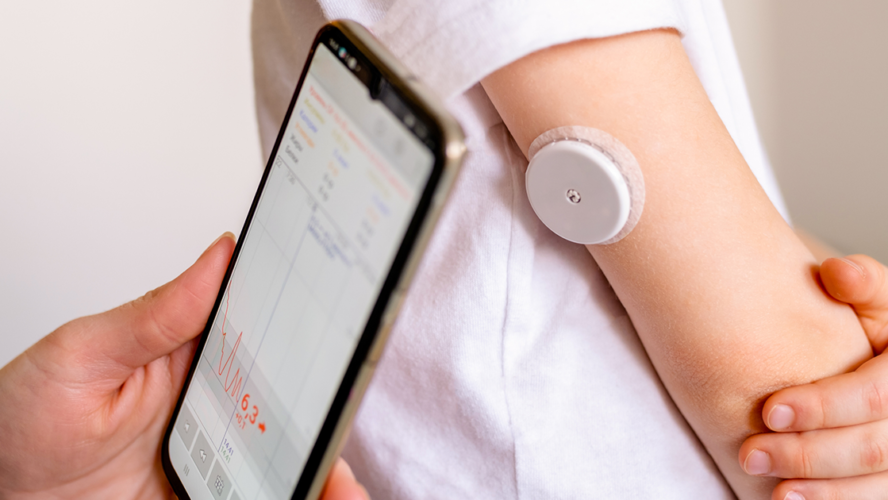
Professor Akhtar Hussain
President, International Diabetes Federation
The number of people living with diabetes is predicted to reach 643 million by 2030. Despite the upward trend, not enough has been done to improve education to support people living with diabetes.
A recent survey undertaken by the International Diabetes Federation (IDF) among people living with diabetes found that, while 94% of respondents had experienced one or more of the complications of diabetes, many were unable to recognise some of the more common problems associated with the condition.
Unrecognised diabetes-related complications
Two major complications were among the least recognised: almost half (47%) of respondents did not recognise heart disease as a related complication while more than two-thirds (65%) were not aware of the increased risk of stroke.
These figures underscore the need for education and awareness about the risks and complications associated with diabetes. These figures may seem surprising from the perspective of high or middle-income countries with universal health coverage, however, the lack of awareness and education is more pronounced elsewhere. For instance, a recent study in India suggested that more than half the general population (57%) had not even heard of diabetes.
More than two-thirds (65%) were not
aware of the increased risk of stroke.
Improving future diabetes outcomes
Informed and ongoing treatment, alongside self-care, can significantly reduce the risk of complications. People with diabetes, those at risk and the health professionals who provide their care must be armed with evidence-based knowledge. They should also have the best available tools to delay, prevent or manage complications.
IDF is committed to addressing the challenges associated with diabetes. Through awareness initiatives such as World Diabetes Day — and the education we provide through the IDF School of Diabetes and our congresses — we aim to increase access to diabetes care, improve the lives of people living with diabetes and prevent diabetes in those at risk, regardless of geography and available resources.
Increasing diagnosis and improving access
Currently, around half of all people with diabetes are not diagnosed, putting them at increased risk of the potentially debilitating and life-threatening complications associated with the condition. Recent signs in the shifting healthcare environment suggest the time may be right to address the overwhelming inequities in access to care that continue to exist, including the need for 100% access to insulin.
Recently, UN member states voted to establish and support a set of ambitious global targets for diabetes to be achieved by 2030, including an increase in the number of people diagnosed to 80%. If these targets are achieved, there could be better access to affordable insulin treatment and blood glucose self-monitoring.

